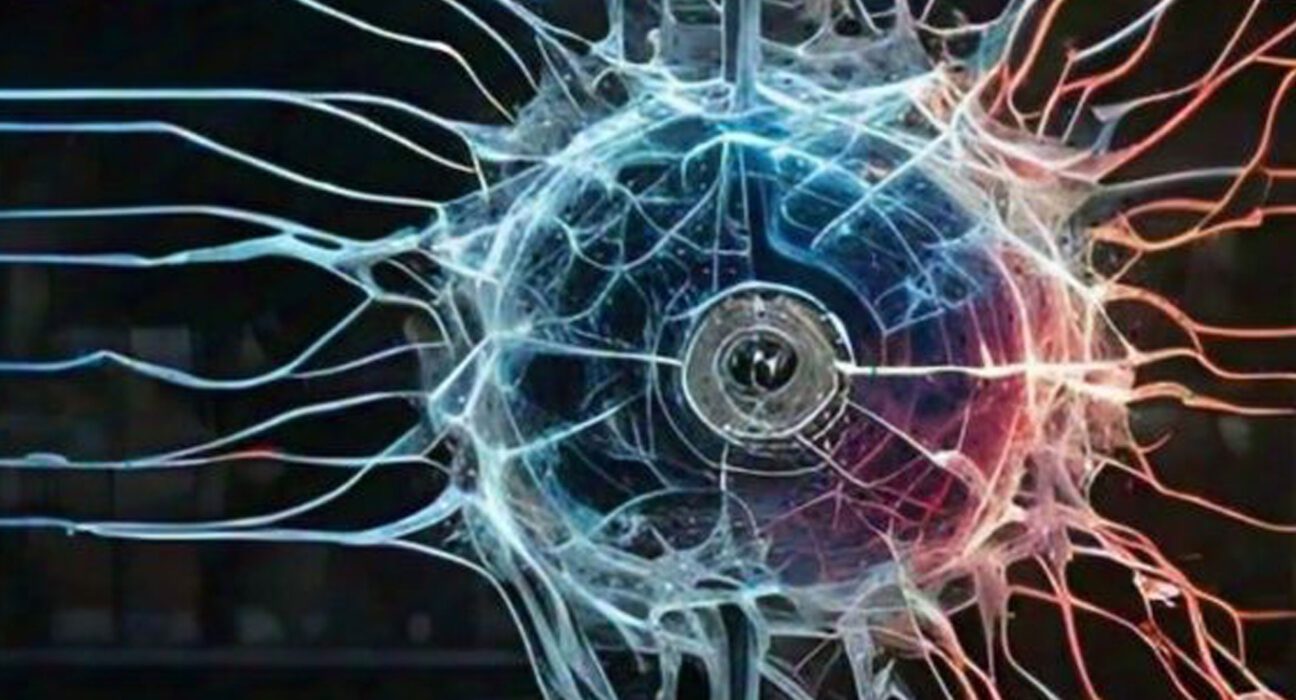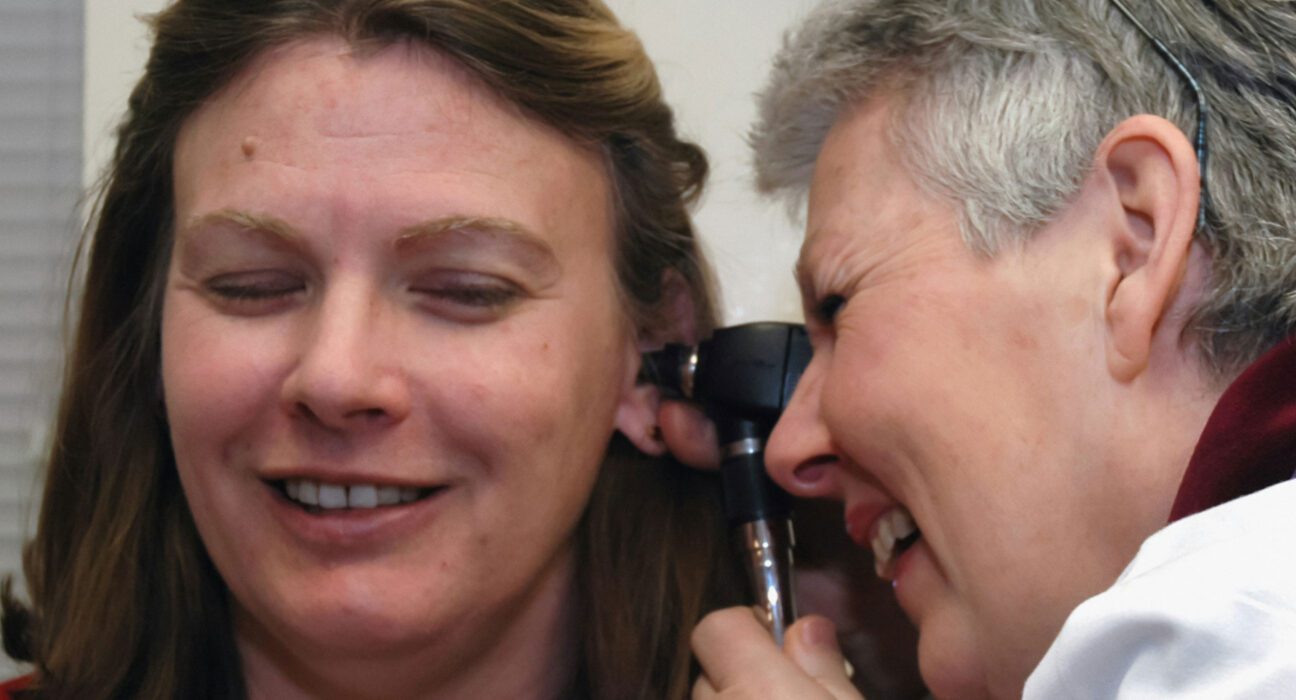Autonomic Nervous System in Long Covid
The autonomic nervous system refers to the complex network of nerves and cells that control and coordinate the functions of the body. It controls activities in your body that happen without you even thinking about them such as your heart beating and respiration











